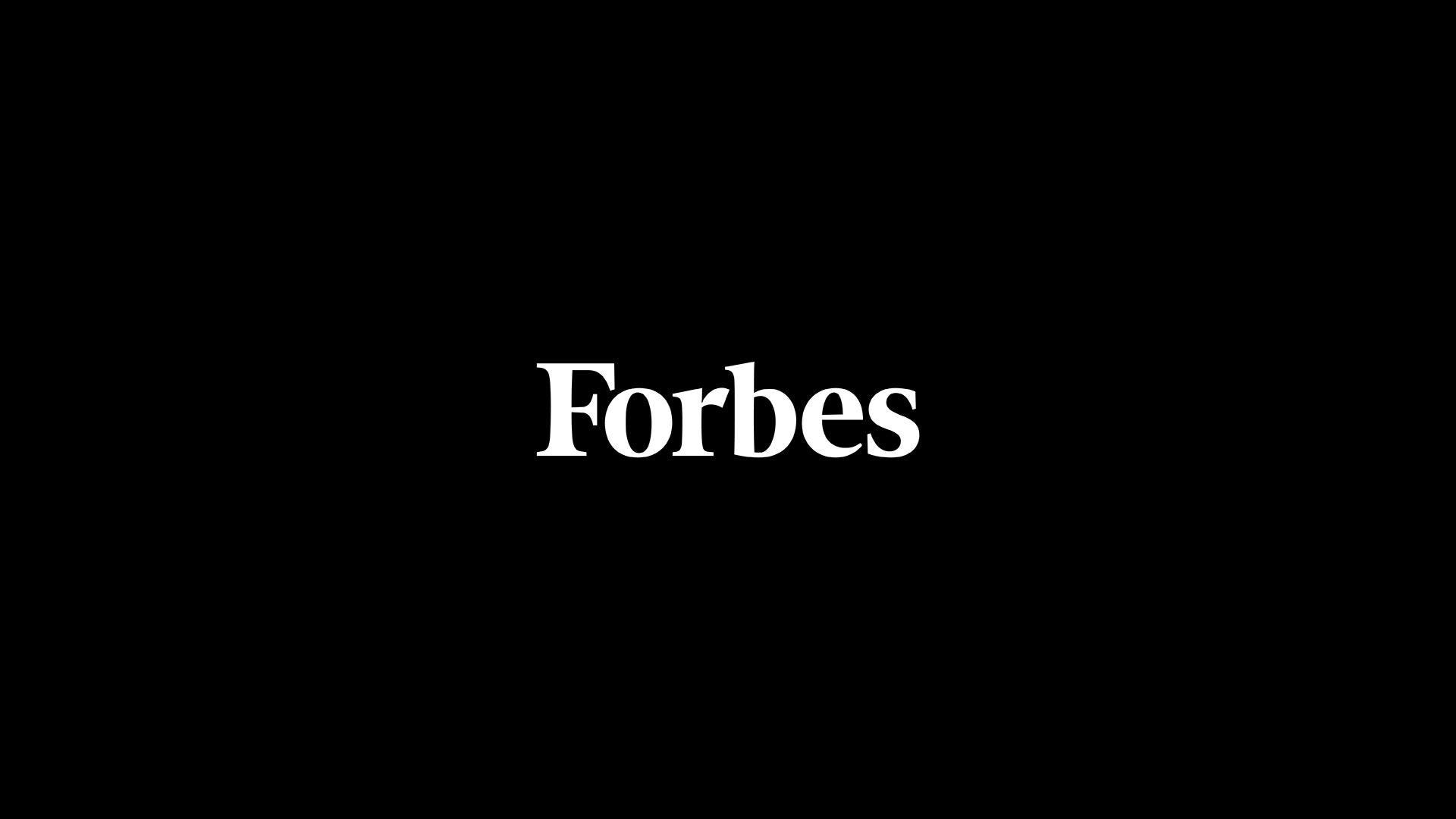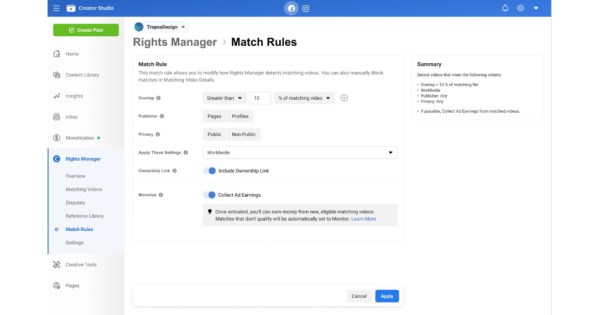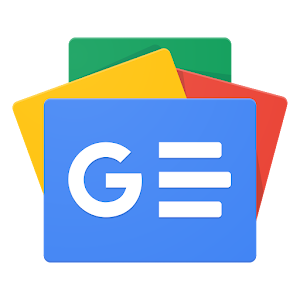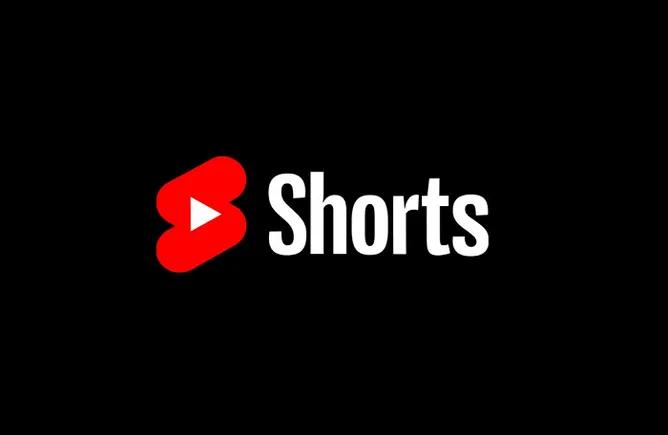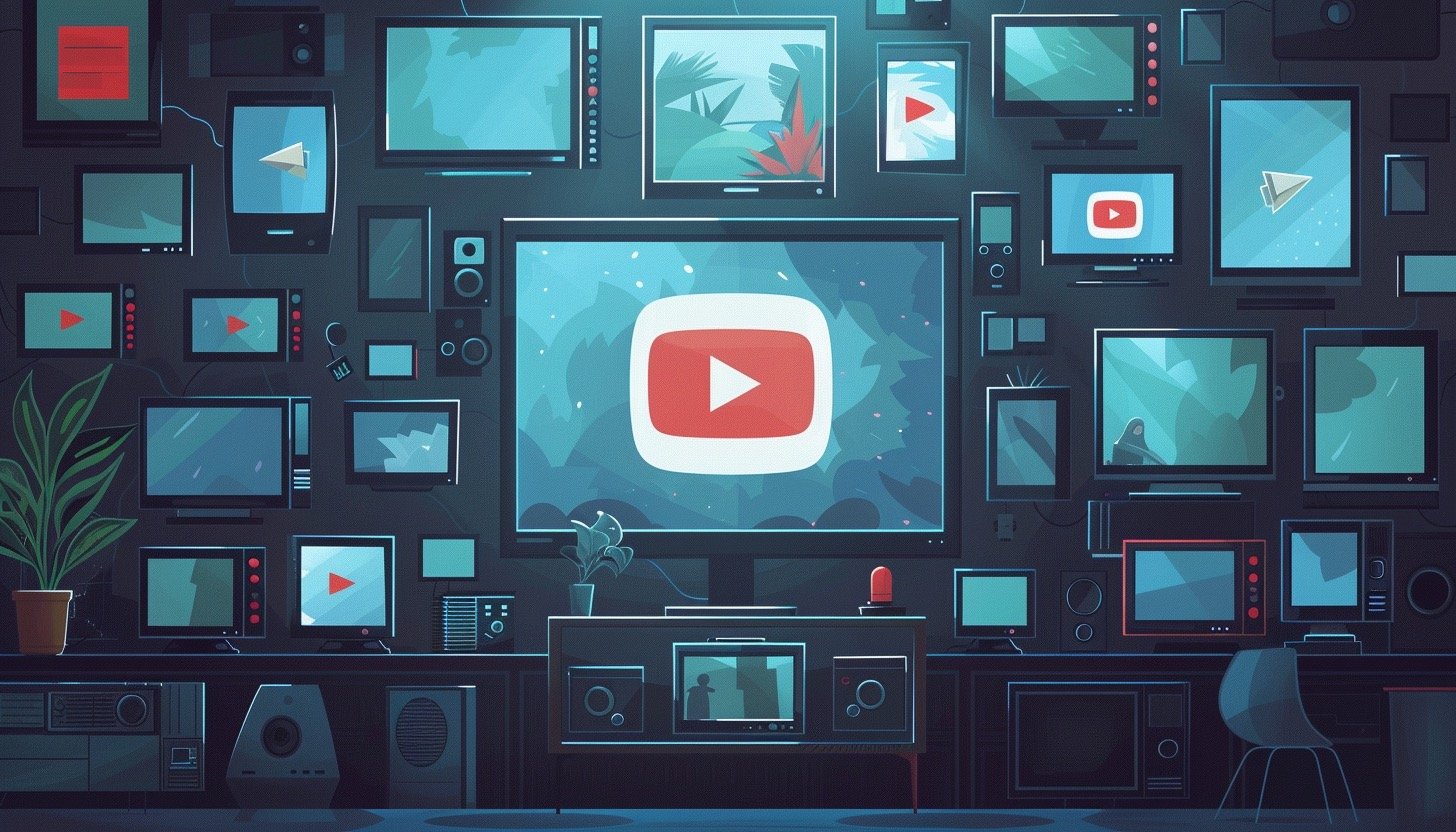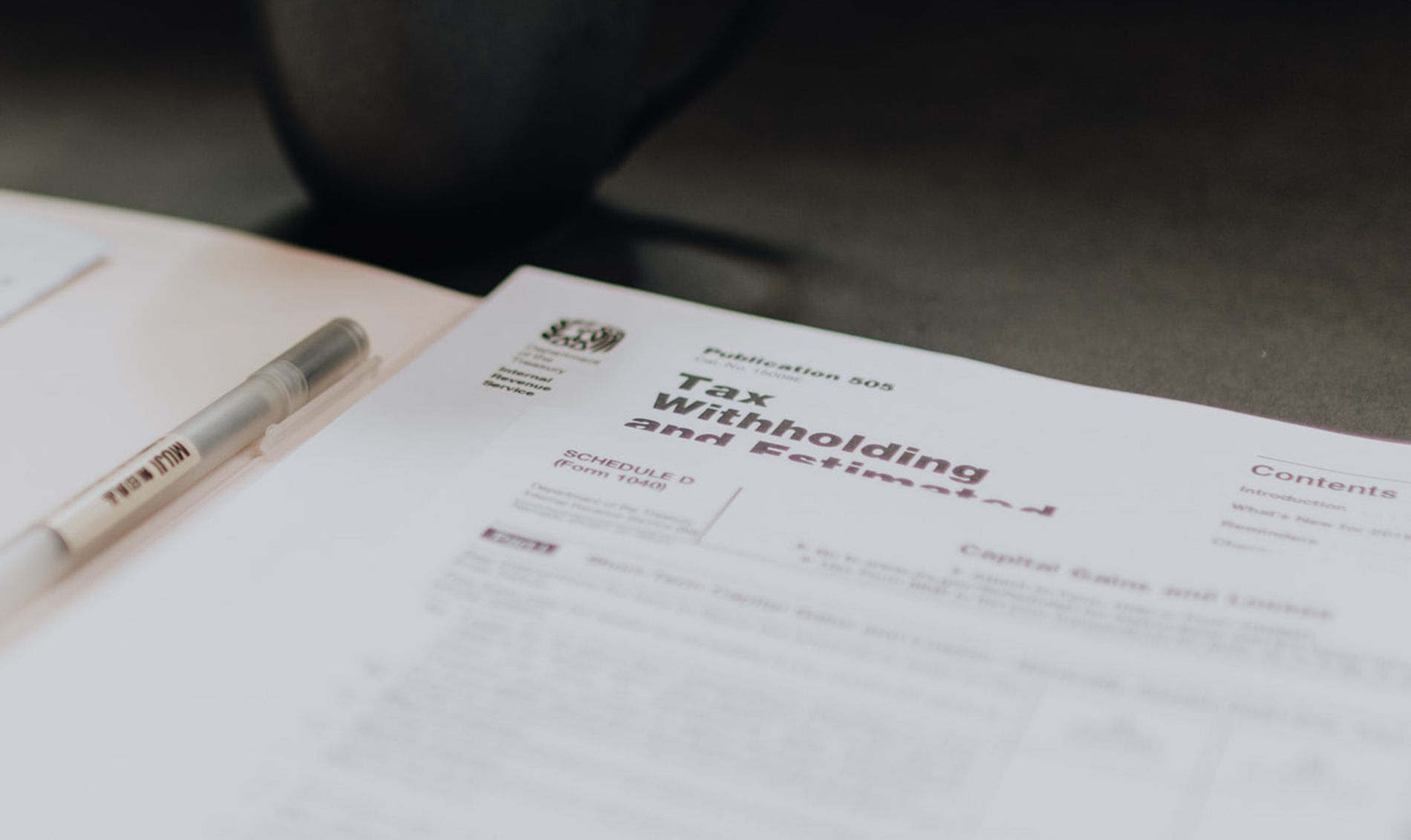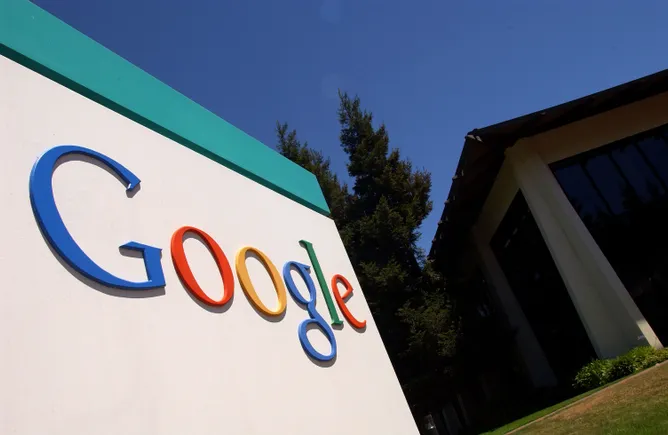Britain Lockhart never knows what he’ll find when he scuba dives for treasure. Neither do his viewers on Facebook who tune in for a surprise reveal. His page, Depths of History, has been steadily growing on the social network since he started posting videos there about two years ago. He now has 70,000 followers on his page, which has started generating thousands of dollars a month in ad revenue.
“I really didn’t think it would be that profitable at all, but Facebook has such a variety of users on their interface that don’t even use YouTube, but they’ll be on Facebook,” he says, adding that he’ll post his YouTube videos on Facebook to make ad revenue on both.
His income varies, although he says he’ll typically make between $2,000 and $3,000 per month through Facebook. But in 2021 so far, that income has unexpectedly dried up. The January payout was only $931, leaving him thousands of dollars short. In February, it was even lower, coming in at just $664. He double-checked his creator backend, and the numbers didn’t make sense there, either. Facebook’s revenue estimation tool projected that he should have received $3,397 for January and $1,747.52 for February. When the checks came in, he ended up more than $4,000 short
“It was like a slap in the face,” Lockhart says. “I was looking forward to buying more camera gear to increase my business, buying things that could prolong me working with Facebook and me working with YouTube.”
Lockhart is owed thousands of dollars from two months of shorted payouts
And he’s not the only one who hasn’t been entirely paid out. The Verge spoke with two other Facebook video creators, all of whom say the company shorted them on cash and ignored their requests for help. The creators had no reason to initially question the amount they were paid since Facebook’s estimated revenue tool almost always mirrored their actual payouts. Usually, they’d be short only a couple hundred dollars. But after their revenue seemed off two months in a row, the creators say they looked into the issue. All three say the problems began in January, around the time Facebook transitioned to its new Pages experience and made updates to how creators can monetize.
The sudden change is particularly alarming because of Facebook’s ambiguous approach to revenue-sharing in general. The company’s core business has always been direct, targeted advertising, but Facebook now sees an opportunity in sharing revenue with video creators, along the lines of YouTube or Twitch. Facebook has courted all sorts of creators — gamers, writers, and video hosts — through broader monetization options, like in-stream ads, shopping, and even subscription newsletters. It’s still unclear how many creators are on Facebook, but the strategy seems to be somewhat working. Facebook says there are more than 1 million shops across its app and Instagram, and that from 2019 to 2020, the number of content creators on Facebook earning the equivalent of $10,000 USD per month grew 88 percent, and creators earning $1,000 per month grew 94 percent.
But these creators say Facebook only cares about advertisers, leaving them with no one to turn to when their payments are unexpectedly short. They reached out for help, but the company gave them no feedback on what could be wrong.
The payout problems started when creators switched to the new Pages experience
After The Verge reached out for comment, however, Facebook said it “resolved a technical issue that prevented a small number of video creators on Facebook from receiving their full in-stream ads payouts.”
“We’re notifying these partners that they’ll receive those remaining in-stream payments during the April payout cycle, and we apologize for any inconvenience,” a spokesperson said in an emailed statement.
It’s good news for the creators getting a rebate but still an alarming precedent — holding thousands of dollars back for months with little explanation or guarantee the same problem won’t pop up again in the future.
Volodymyr Popkov, the creator of the page Painting Inspiration, which demos acrylic paint art tutorials, suggests that Facebook doesn’t value the creators who make the platform thrive. “They have live chat Facebook support for the people who spend money for the ads, who bring [Facebook] their money, but for people who are like us, the creators, they owe us money right now, and they’re not doing anything,” he says.
Facebook estimated that Popkov would get $13,000 in January, he says, but he only received $4,600. In February, he was estimated to receive $29,000 but made only $6,400. He knows the number is just an estimate, but he says he hasn’t seen any change in the numbers of viewers on his videos — at least not enough to explain a $32,000 shortfall. It’s a particular problem because Popkov employs artists to make artwork for the page. His Facebook income serves as payroll for them, along with his revenue from YouTube.
Facebook confirmed that a “technical issue” is to blame
Another creator, Erik Reed, of the Outdoors With Erik page, says he’s owed over $10,000, going off the estimate tools. He specifically joined Facebook because other creators told him the monetization options and engagement levels were worthwhile.
Facebook has a long history of shoddy metrics causing problems for partners. Earlier this month, court documents showed that Facebook provided advertisers with “inflated and misleading” metrics for years on how many people their ads were reaching. The company apparently knew that the reach of these ads was amplified by fake and duplicate accounts, but chose not to delete them. A Facebook spokesperson told The Verge at the time that this reach tool provided only “an estimate,” although Facebook allegedly knew advertisers based decisions around the metric. The company also previously faced a lawsuit that claimed it knowingly overestimated how much video content users watched. Facebook settled the suit in 2019.
The creators who spoke with The Verge have all diversified away from Facebook to avoid being overdependent on one platform; they all run YouTube channels along with their Facebook Pages as well as with other social pages. For the revenue-sharing model to work, Facebook needs creators to stay happy and posting. But increasingly, creators are skeptical of the company’s incentives.
“Working with platforms is hard,” Popkov says. “And you’re not working on your [own] platform, so it’s not like I can trust them.”
